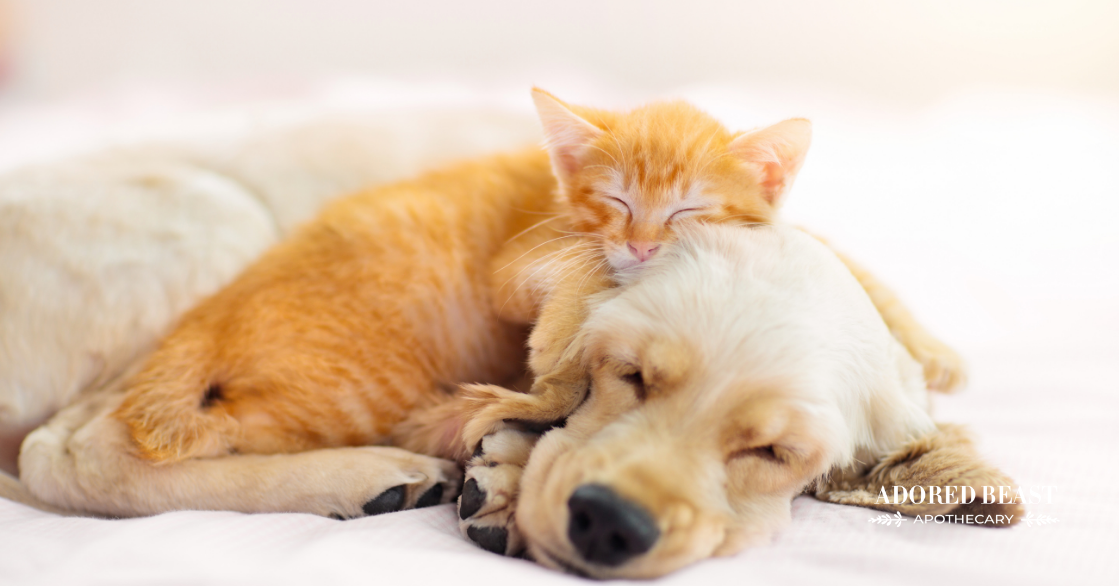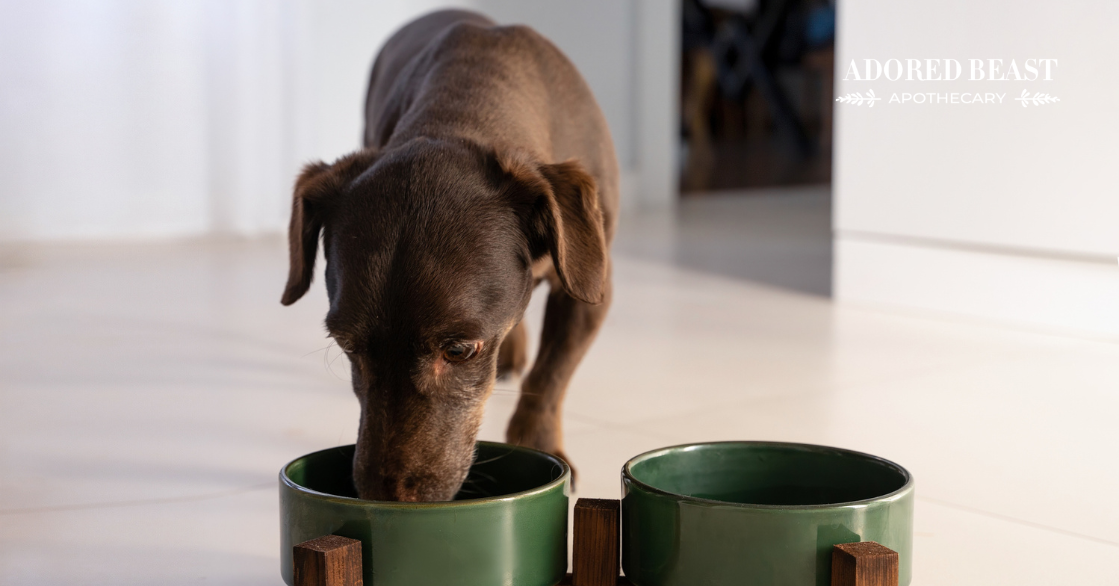This week is Pet Stress Awareness Week. That means we’re thinking about all of the ways our cats and dogs experience stress, the impacts this stress has on them, and everything we can do to reduce it!
After all, stress is linked with all kinds of issues – everything from vomiting and diarrhea, to hairballs, to licking and chewing the skin, to increased blood pressure, to decreased immune function.
Stress is a very real problem that many cats and dogs face on a daily basis. And continual stress can be detrimental to our pets’ health, both long and short term.
To help you help your pet cope, we’ve gathered together some of our best resources on cat and dog stress. Our hope is that these will bring awareness to the issue, and help pet parents reduce that problematic stress!
Cat and Dog Stress Resources
Want to reduce your animal’s stress? These resources will surely help! Watch or read the ones that are relevant to you, or work your way though them all.
Understanding Stress in Dogs: Signs, Effects, and Natural Solutions
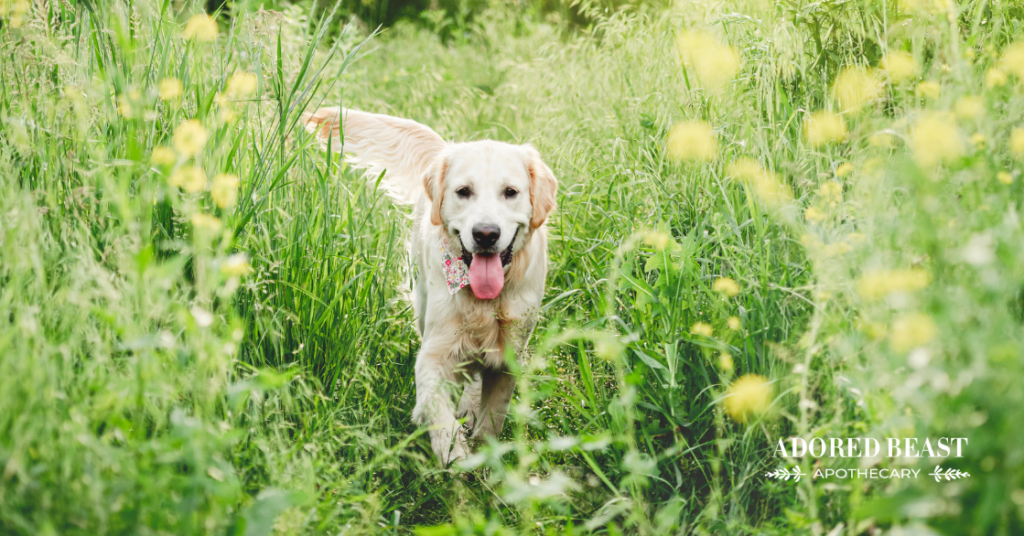
Stress…
We’ve all felt it a time or two (or more). It’s uncomfortable, annoying, and sometimes downright debilitating!
And stress is not just a human experience; our canine companions can also feel stressed in various situations. As responsible pet parents, it’s essential to recognize the signs of stress in dogs and learn how to effectively manage and reduce it.
Nutrition and Stress with Ian Billinghurst
There are two types of stress – good and bad. And we actually need both. When it comes to our pets, nutritional stress is often forgotten about, but it’s a major issue – it’s definitely in the “bad stress” category”.
What causes this type of stress, and what can we do to reduce it? In this short video, Dr. Ian Billinghurst walks us through what nutritional stress is, how it effects the body, and what you can do to reduce the negative nutritional stress your pet is dealing with.
The Food-Stress Equation with Inna Shekhtman
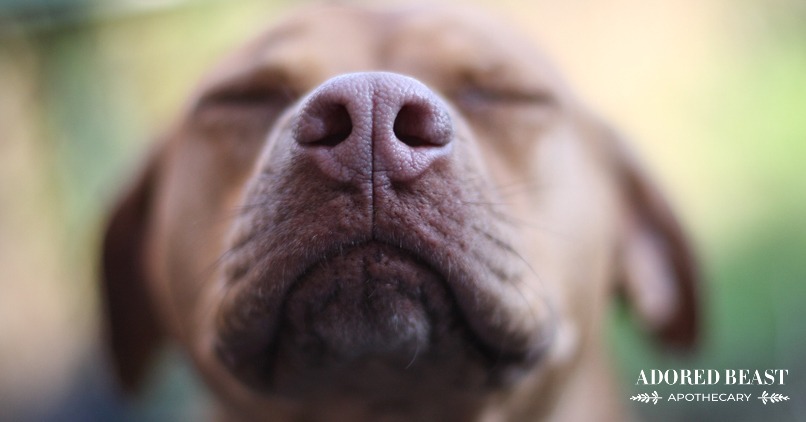
A diet is more than just a collection of nutrients. Food is intended to be a positive experience for both people and pets. Food is supposed to provide energy and nutrients for the body, support the immune system and bring pleasure, security and happiness through the process of eating. It is also a social experience that can often bring us together. Yet, many foods we feed our pets today do the exact opposite – they are making our pets sick with stress. Food-related stress can affect not only your pet’s physical health but also their mental well-being and even behavior.
In this article, Inna walks us through how food is stressing out our pets, and gives us 6 tried and true tangible tips to break that stress loop!
Nutrition and Stress Panel with the Experts
In this video, panelist Julie Anne Lee, Dr. Judy Morgan, Billy Hoekman, Dr. Karen Becker, and Rochelle Wilcox answer audience questions about real-life situations and how to best deal with them. The solutions include food, exercise, energy in the house, and the importance of managing our stress to decrease our pets’ stress!
How to Combat Stress and Anxiety in Pets Using a TCVM Approach from Dr. Chris Bessent
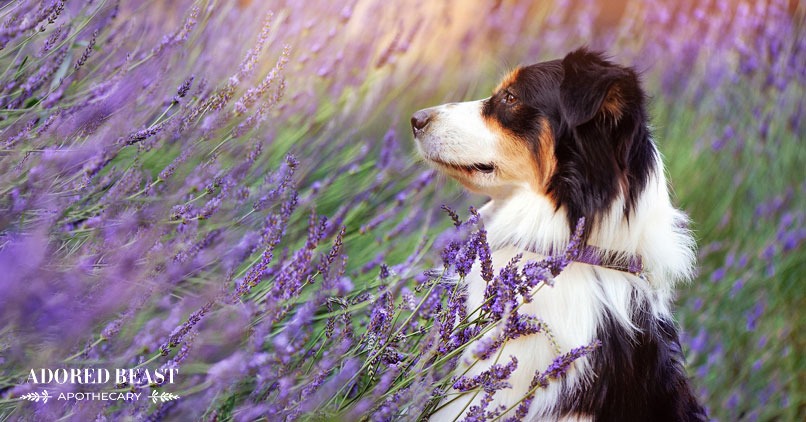
From a Traditional Veterinary Chinese Medicine (TCVM) perspective, The Five Element Theory emphasizes that each living being has a set of personality traits that match with each element– wood, fire, earth, metal, and water. The type of element associated with each dog correlates with its emotional disharmonies as well. Put simply; every dog has its own set of traits– likes, dislikes, wants, and fears.
By better understanding your animal’s element, you can cater your approach to anxiety and stress reduction to their unique personality!
Herbs & Adaptogens for Stress Management
In this panel from our Stronger Together: Pets, Stress, and Us Event, Panelists Dr. Karen Becker, Deb Gwynn, Rita Hogan, and Rochelle Wilcox answer questions and tell us how herbs and adaptogens can be used to help manage cat and dog stress (and our stress too!).
7 Tips to Reduce Cat Stress from the Two Crazy Cat Ladies
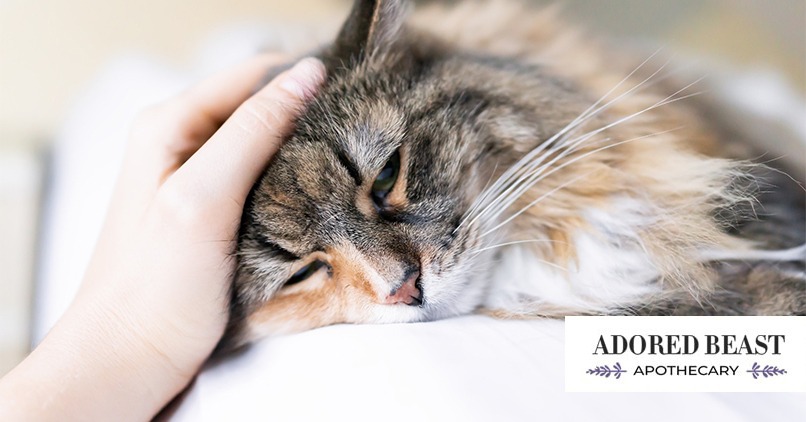
Because our kitties are such stoic beings, they often hide their anxiety and, over time, this can surface as disease. This is why it’s important for cat parents to take control of our cats’ stress.
In this article, the Two Crazy Cat Ladies share their top 7 tips on how you can help reduce cat stress at home. From food to exercise, there are plenty of things you can do to bring those stress levels down and keep your cat healthy and happy!
Energy Medicine for Stress with Dr. Jean Hofve
How can we recognize the signs of stress in our animals. Many will suffer in silence, and it takes a keen eye to notice. Even if you think your animal is not in a stressful state, you might be missing something.
In this video, Dr. Hofve talks about how to reduce stress in our cats, including using flower essences, food, and mental stimulation.
Other Helpful Posts for Cat and Dog Stress Reduction
- Fear of Fireworks? 4 Tips to Help Your Pet Cope – Situational anxiety can be stressful, so for things like noise phobia or a fear of fireworks or lightning, check this post out.
- Saving Money on Dog Food: DIY and Don’t Stress – If your stress is high, your pets can feel it. And if you’re stressed about feeding the perfect food, stop! Step back, and remember, you’re doing your best – and that’s what matters. Plus, these are a few economical tips that can help!
- Fear-Free Animal Care: How to Confidently Navigate Your Animal’s Health – Going to the vet or managing an animal’s illness can be a stressful experience for any animal, and if we’re stressed, that just increases their stress! By taking a step back and managing our stress, we can make better decisions!
- Separation Anxiety in Dogs: A Roadmap for Success – Does your dog get stressed out when you leave the house? Many, many does suffer with separation anxiety, but with commitment and patience, you can both work through it!
Stress in our pets can sometimes be hard to spot, but if we look closely, we can see the signs. And will a few changes, we can drastically reduce those feelings and keep our animals cool, calm, and collected.

